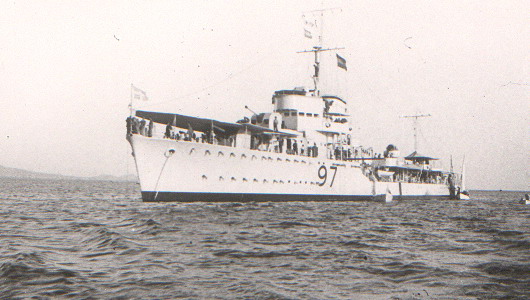
On the afternoon of April 22, 1941, during World War II, the destroyer of the Greek Royal Navy “Hydra” sank as a result of a German air attack in the sea area of Lagousa (Laoussa), a group of islands (Eleousa, Panagosa, Gaitosa, Panagrosa Kordeliaris) of the Saronic Gulf, between Aegina to the south and Salamis to the north. 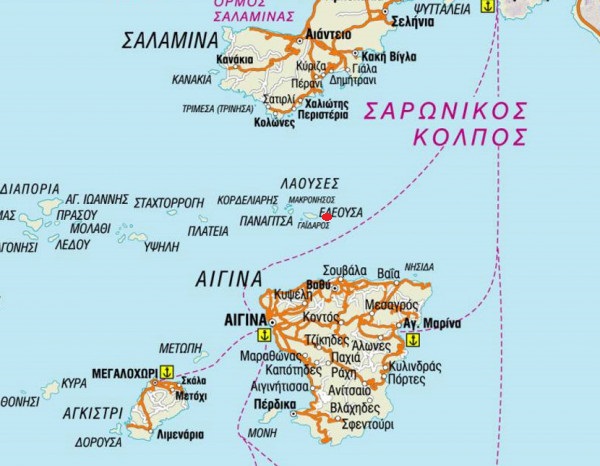
The “Hydra” D-97 (Dardo-type destroyer, made in Italy), the fourth ship of the Greek Navy with the same name, was on duty in the afternoon of April 1941.
More specifically, she was at sea going to Fleves island, having been ordered to accompany, together with the submarine “Papanikolis”, a Danish cargo ship loaded with ammunition, first to Souda and then to Alexandria, Egypt.
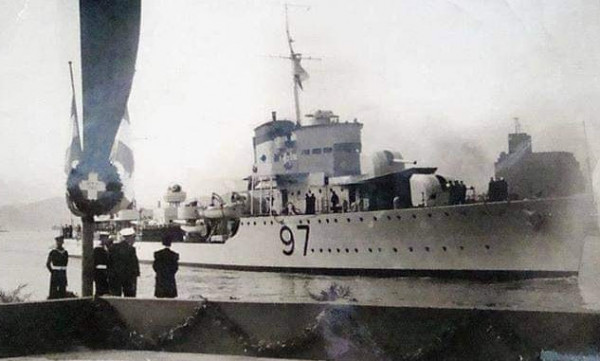
The Greek destroyer was spotted at around 17:30 by a German reconnaissance aircraft and then came under heavy attack by a large number of Junkers Ju 87 dive bombers, commonly known as Stukas.
The 35-40 German dive bombers, making constant use of their machine guns and bombs, wreaked havoc and destruction in just a few minutes, causing the two of the three anti-aircraft guns of the Greek destroyer to go out of action almost immediately and filling the deck with dead, mutilated and severely wounded sailors.
Finally, the destroyer of the Greek Royal Navy, immobilized due to mechanical damage and having received heavy blows from the enemy, sank at 18:04 (about fifteen minutes after the start of the air attack) near the lighthouse on the island of Eleousa.
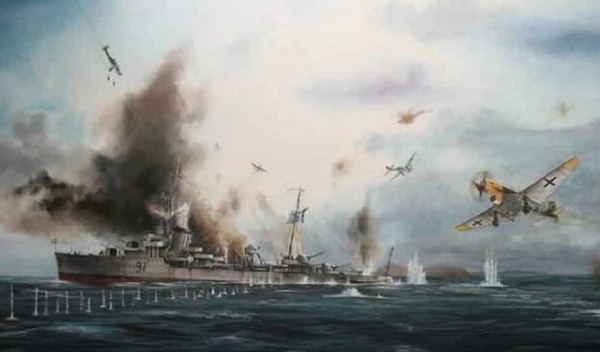
Shortly before the ship sank, an order was given to abandon it. Some of the seriously injured boarded a small boat, some others wore life jackets and dove into the sea, while others, who were able to do so, swam to the islet of Eleousa.
The human losses were unfortunately very large: 42 dead, including the governor of “Hydra”, Lieutenant Commander Theodoros Pezopoulos (one of the first to fall), and first mate Captain L. Vlachavas, and many dozens of wounded, many of them with severed limbs.
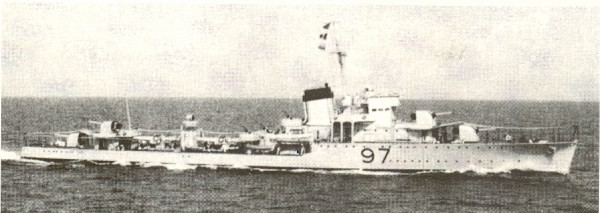
After the end of the German attack, the wounded were transported by the torpedo boat “Kios” and fishing boats from Aegina to the Naval Hospital of Aegina, with the aim of providing immediate assistance and dressing.
As for the shipwreck at the bottom of the Saronic Gulf, it was sold after the war and so most of the ship was “cut”, lifted and sold as metal. A small part of the bow and a few more remains is what is left in the waters of the Saronic Gulf from the “Hydra” D-97.
Latest News

Capital Link Forum Highlights Greece’s Economic Resurgence; Honors BoG Gov Stournaras
Capital Link Hellenic Leadership Award recipient, Bank of Greece Gov. Yannis Stournaras, an ex-FinMin, was lauded for his pivotal role during Greece’s economic recovery

Tourist Spending in Greece Up by 14%, Visa Card Analysis Shows
Greece’s capital Athens emerged as the most popular destination, recording a 17% increase in transactions with Visa cards, surpassing even the cosmopolitan island of Mykonos.

Inflation in Greece Unchanged at 2.4% in Nov. 2024
The general consumer price index (CPI) posted a 0.4% decrease in November compared to the previous month

2024 Christmas Holidays: Extended Shop Hours Schedule
The 2024 Christmas Holidays extended shop hours schedule commences on Thursday, December 12 and runs until the end of the year.

ELSTAT: Seasonally Adjusted Unemployment Down in October
The number of employed individuals reached 4,284,694, an increase of 67,723 compared to October 2023 (+1.6%) and 22,002 compared to September 2024 (+0.5%).

Greek PM’s Chief Economic Adviser Resigns
In the post on his Facebook page, Patelis did not disclose the reasons that led him to step down.

“Masdar Invests in the people of Greece and in the vision of TERNA ENERGY”
Four messages from the CEO of Masdar, the Arab renewable energy giant, after its acquisition of 70% of TERNA ENERGY

Lloyd’s List Greek Shipping Awards 2024: Honors for leading companies and personalities in the Greek shipping sector
20 awards presented at the 21st annual Lloyd's List Greek Shipping Awards

Syria’s Bashar al-Assad, His family Granted Asylum by Russia
Reuters also reported that a deal has been struck to ensure the safety of Russian military bases in the war-ravaged country

Greece to Introduce Artificial Intelligence into Its Education System
Currently, Greece is taking its first steps to bring AI into classrooms through the AI4edu program, which is being co-funded by the European Union
























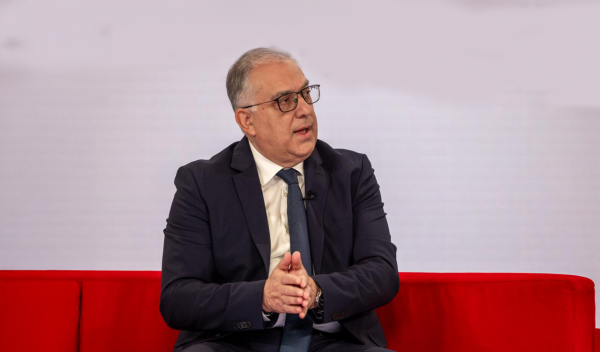


![Τρόφιμα: Νέο ράλι στις τιμές των commodities [γράφημα]](https://www.ot.gr/wp-content/uploads/2023/09/TROFIMA98-600x391.jpg)



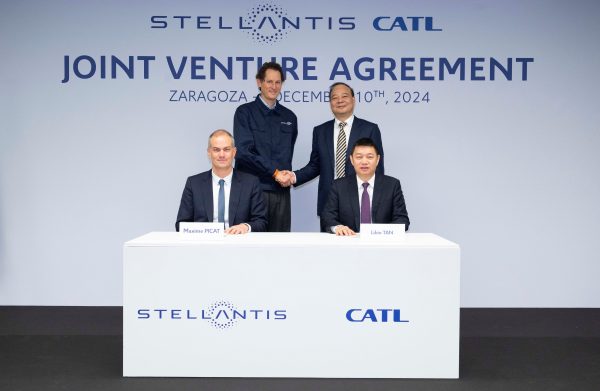



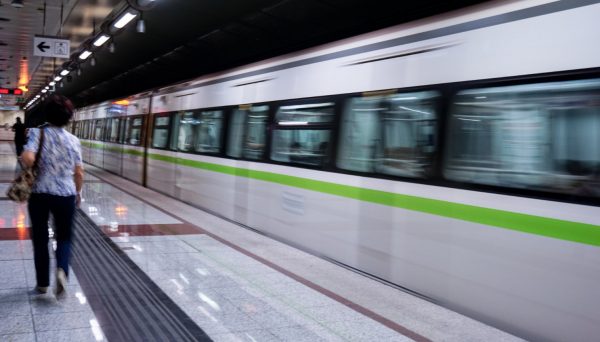


 Αριθμός Πιστοποίησης Μ.Η.Τ.232433
Αριθμός Πιστοποίησης Μ.Η.Τ.232433